
The Barefoot Doctor (2016)
Genre : Documentary
Runtime : 1H 47M
Director : Xu Tong
Synopsis
This documentary film recounts Dr. Sun Lizhe's remarkable experience as a barefoot doctor in rural China and offers a glimpse of China's healthcare condition during and shortly after the Cultural Revolution (1966-1976). Described as "Chinese Dr. Zhivago" in the film, Sun's distinguished life began from his decision to become a "barefoot doctor" when he was an 18-year-old educated youth from Beijing sent down to the countryside. He had since saved numerous lives by performing difficult surgery when emergency situations arose. For example, he once manually removed a placenta from a peasant women's uterus during her placental dystocia. In villages where medical resources were extremely limited, Sun devoted himself to the healthcare of peasants, performing more than 3000 operations in the cave dwellings of Shaanxi province. In 1974 he was selected by Chairman Mao as one of China's five model "educated youths."
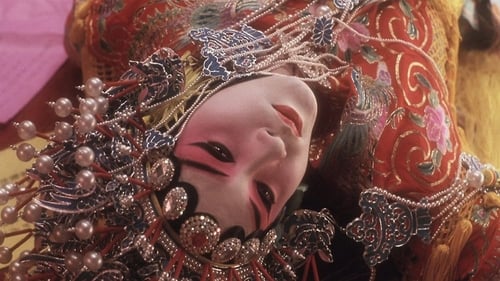
Abandoned by his prostitute mother in 1920, Douzi was raised by a theater troupe. There he meets Shitou and over the following years the two develop an act entitled "Farewell My Concubine" that brings them fame and fortune. When Shitou marries Juxian, Douzi becomes jealous, the beginnings of the acting duo's explosive breakup and tragic fall take root.
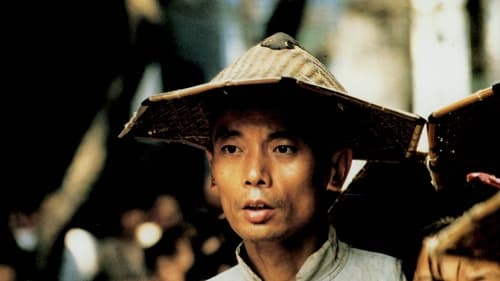
Fugui and Jiazhen endure tumultuous events in China as their personal fortunes move from wealthy landownership to peasantry. Addicted to gambling, Fugui loses everything. In the years that follow he is pressed into both the nationalist and communist armies, while Jiazhen is forced into menial work.
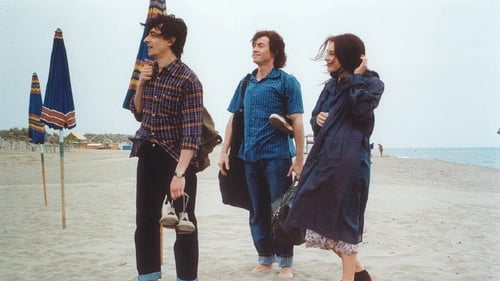
Spanning nearly four decades, this generational epic follows two Italian brothers from a middle-class family through some of the most significant events of postwar Italian history after their life paths diverge thanks to one fateful encounter during the summer of 1966.
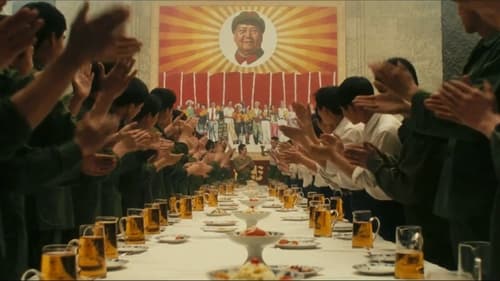
Beijing, 1970s. The Cultural Revolution has driven most adults to the provinces leaving 14-year-old Monkey and his pals have free reign over the city. They hang around, get up to no good, and discover that unsolvable mystery known as "girls."
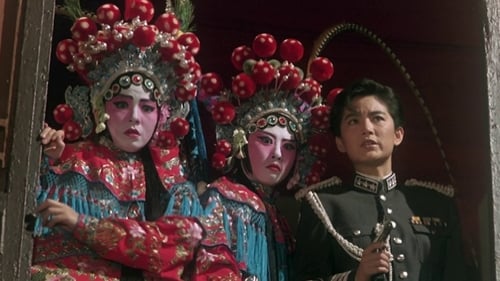
The film is set in 1913 Beijing, during Yuan Shikai's presidency of the Republic of China. It depicts the adventures of a team of unlikely heroines: Tsao Wan, a patriotic rebel who dresses as a man; Sheung Hung, a woman in search of a missing box of jewels; and Pat Neil, the daughter of a Peking Opera impresario.
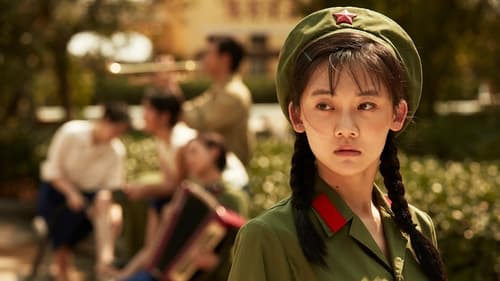
A group of performing art troupe members each face their own trials and tribulations in Chengdu; from escaping a family scandal to dealing with unrequited love, each experiences rejection that shapes their lives.

China's rapid changes from the late-1970s to the early 1990s, as seen through the lives of four performers in a theater troupe.
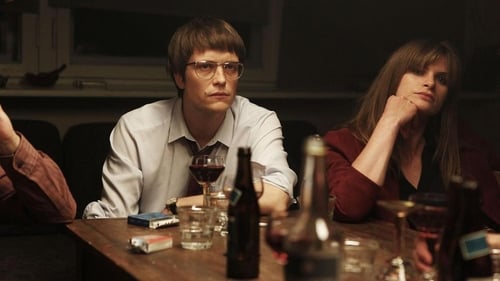
In the early 60s, Bernward Vesper and fellow university student Gudrun Ensslin begin a passionate love in the stifling atmosphere of provincial West Germany. Dedicated to the power of the written word, Bernward and Gudrun found a publishing house whose first publication is, paradoxically to many, a controversial past work of Bernward's ostracized father, an infamous Nazi author. Bernward defends his father's writing ability, even if he is haunted by his father's suspicious past.
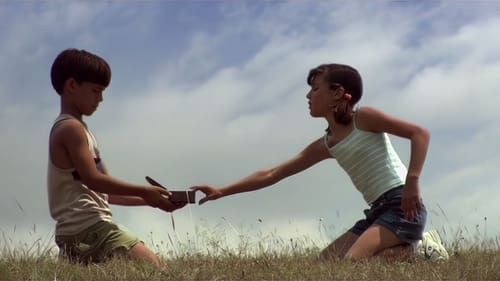
The friendship between two children is threatened by their parents’ differences. Malú is from a family that was upper-class before the Revolution and remains well-to-do through remittances from relatives overseas, and her single mother (Larisa Vega Alamar) does not want her to play with Jorgito, as she thinks his background coarse and commonplace. Jorgito’s mother (Luisa María Jiménez Rodríguez),
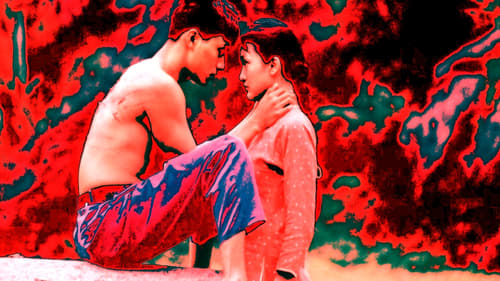
During the Cultural Revolution, two young men are sent to a remote mining village where they fall in love with the local tailor’s beautiful granddaughter and discover a suitcase full of forbidden Western novels.

Based on a novel by the same name written by Gu Hua, a melodrama about the life and travails of a young woman who lives through the turmoil of the Cultural Revolution.

The film Morning Sun attempts in the space of a two-hour documentary film to create an inner history of the Great Proletarian Cultural Revolution (c.1964-1976). It provides a multi-perspective view of a tumultuous period as seen through the eyes—and reflected in the hearts and minds—of members of the high-school generation that was born around the time of the founding of the People’s Republic of China in 1949, and that came of age in the 1960s. Others join them in creating in the film’s conversation about the period and the psycho-emotional topography of high-Maoist China, as well as the enduring legacy of that period.

The history of the irreverent "The Smothers Brothers Comedy Hour" and the content battles it fought with its television network.

The poet and painter, Lawrence Ferlinghetti, is among the world's living monuments to arts and letters. For well over a half century, Ferlinghetti helped shape the currents of poetry and literature with his forceful engagement with society and an ideological position that often found him at odds with the political currents of his day. Ferlinghetti's quiet, behind the scenes demeanor and disarming mien may have assuaged, or even fooled, certain opponents, while in reality he was a literary mercenary, a rebel at the forefront of our own cultural revolution.
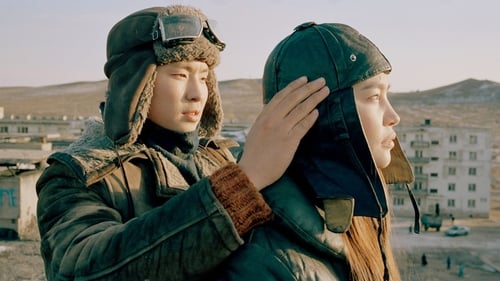
Set in the frozen steppes of Mongolia, a young nomad is confronted with his destiny after animals fall victim to a plague which threatens to eradicate nomadism.

When her country is taken over by socialist revolutionaries, a wealthy woman can't bear to give up all of her wealth and possessions to the new government, so she hides all of her treasures in the 12 chairs of a dining-room set. After her death her nephew finds out what she had done and, since the chairs had been "nationalized" and are now in the possession of a dozen different people, he sets out to track them down and get the treasures he believes rightfully belong to him.

In Gansu Province, northwest China, lie the remains of countless prisoners abandoned in the Gobi Desert sixty years ago. Designated as ultra-rightists in the Communist Party’s Anti-Rightist campaign of 1957, they starved to death in the reeducation camps. The film invites us to meet the survivors of the camps to find out firsthand who these persons were, the hardships they were forced to endure and what became their destiny.

In 1946, Heidi is entrusted to a Swiss family by her father. He will never come back for her. Today, François Yang questions his mother about her past. What follows is a journey to China, a quest to reconstruct memory. Through contact with her brothers and sister, Heidi measures the extent of the drama experienced by her family that remained in China, persecuted by the Communist Party.
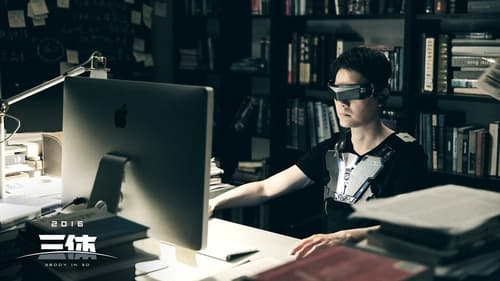
Based on the novel of the same name by Cixin Liu, the first in the Remembrance of Earth’s Past trilogy. Hundreds of physicists died mysteriously. A Chinese nanomaterials expert, Wang Miao, sees a mysterious countdown in his eyes. Soon he finds out that the "disastrous planet" under three suns in a game really exists. The three-body civilization there will reach the Earth in 400 years. A future catastrophe is coming for humanity...



















